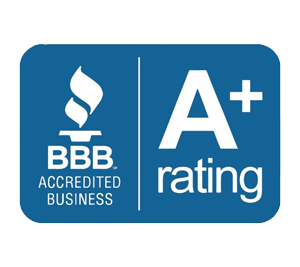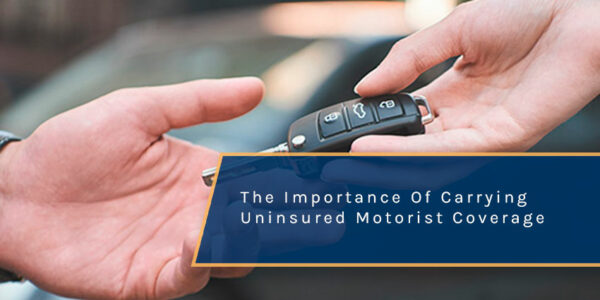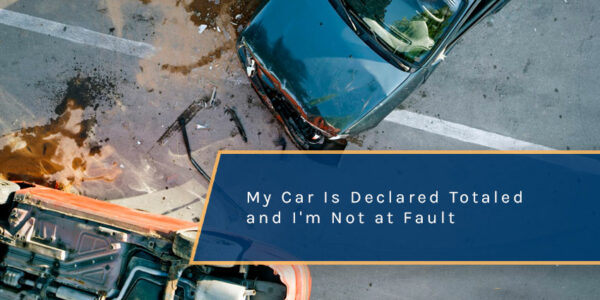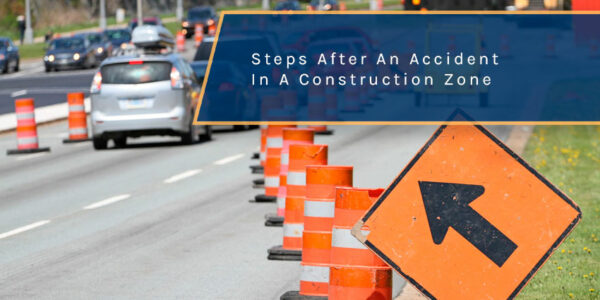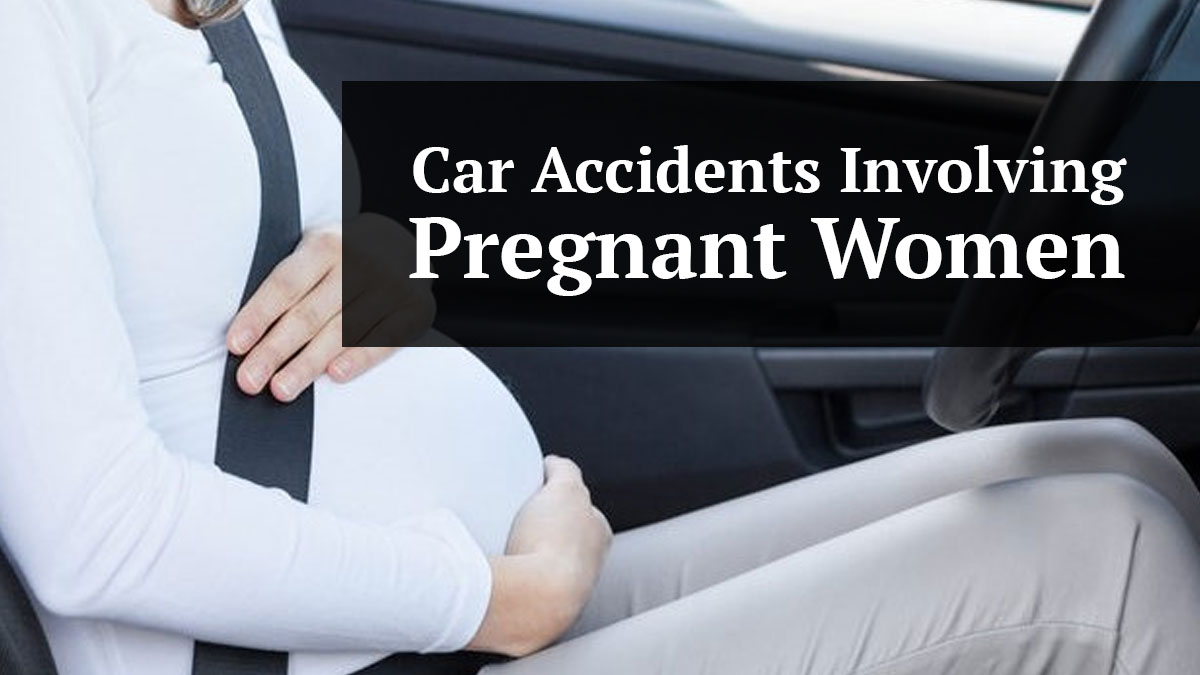
As mentioned in previous articles, two thirds of my clients are women. In my continuing series for women, this article is dedicated to covering what happens when a pregnant woman is the victim of a car accident injury.
It has been my experience that car accidents involving women are surprisingly common. While it is entirely possible that the pregnant woman is the driver, every case that I can recall from memory was an injury to a passenger. Perhaps that is simply a coincidence, but I think it is more likely that women are being driven while pregnant as a courtesy and/or as assistance.
At St. Petersburg Personal Injury Attorneys McQuaid & Douglas, we specialize in accident injuries to women. We understand how these accidents affect women, the fetus, and their families. Car accidents involving pregnant women are very sensitive because of the unknown repercussions. While we hope that there are no complications, every victim of the accident should consult with an experienced car accident attorney immediately.
What Are Some Risk Factors to Pregnant Women in a Car?
According to a study published in the American Journal of Obstetrics and Gynecology, the three most important factors for fetal outcome is the severity of the crash, the maternal injury, and maternal restraint. The study found that the severity of the crash was by far the most important factor in deciding the outcome of the fetus. Thus, the lower the speed that you travel, the greater the odds that the injury will be less severe. The study also looked at the theories that the use of seatbelts or deployment of airbags contributed to injury to the fetus. While these injuries certainly may occur, the study concluded that seat belts and airbags keep the mother safe, therefore it keeps the fetus safer. Because injury to the mother was a major link to the health of the fetus, the safer the mother, the safer the fetus.
Symptoms to Look For:
Not all symptoms are evident after the car crash. But, should the following occur, there is reason to see your doctor or go to a hospital emergency room.
- Severe abdominal pain
- Pain during urination or urgent urination
- Vaginal bleeding
- Dizziness
- Swelling to the mother’s face or fingers
- Chills/fever
- Headaches
- Change in the movement of the baby
Potential Injuries From Car Accidents
Fortunately, the overwhelming majority of car crashes do not result in serious or long term injury to the fetus. The womb is fortunately nature’s way of protecting the placenta and the placenta and it is effective. But, in all collisions, there is a degree of risk and injury. The following are examples of these unfortunate circumstances:
- Maternal Shock– Shock is also called hypovolemia, a condition in which severe blood or fluid loss makes the heart unable to pump enough blood to the body. The fetal mortality rate is 80% if the mother experiences shock.
- Placental Abruption– This is the most common injury that I’ve observed following a car accident during pregnancy. According to the studies that I researched to write this article, it occurs in about 30-50% of major trauma injuries. This is consistent with what I see in my personal injury practice. Placental abruption occurs when the placenta detached from the uterine wall, causing a disruption of the blood flow to the placenta. This condition does not require a lot of force to occur and is extremely dangerous. Fortunately, many of the placental abruptions/ruptures that my clients have experienced have been treated quickly and no long term effects have occurred.
- Maternal Death– While difficult to discuss, if the mother dies as a result of the accident, the odds that the baby survives are slim. The best odds for a mother to survive a car crash is simply to wear a seatbelt.
- Uterine Rupture– This condition occurs when the uterus tears. It is rare and occurs in less than 1% of all pregnant trauma cases. The likelihood of fetal death after this type of injury is virtually certain.
- Direct Fetal Injury– It is estimated that direct fetal injury occurs in less that 10% of car accidents. The most common injury to the fetus is a head injury. In this scenario, there is a much higher chance of complications to the baby and the pregnancy will be considered high risk.
What Should You Do After a Car Accident While Pregnant?
The main difference between a pregnant victim of a car accident and someone who is not is the urgency to get medical treatment. I advise that in every accident, the mother either goes to the hospital or contacts her treating physician. Urgent care centers are simply not equipped to help pregnant women and will refer you to the hospital. Also, it may take days after the incident to get an appointment with your OBGYN. Therefore, immediate medical treatment at the hospital is the most likely choice. But, whatever the situation, getting checked out and an ultrasound will not only confirm the baby’s health, but also give you peace of mind. Other than the emergency medical treatment, the accident claim is like any other as far as how the accident claim process works.
How Do I Get Medical Treatment if I am Pregnant?
The treatment options to a pregnant woman are limited. While you are technically permitted to get an MRI, most facilities will not perform one unless the injury is severe. Therefore, complaints of neck or back pain will not qualify. But, you can certainly still get physical therapy and chiropractic care as long as your OBGYN permits this treatment. However, many of my pregnant clients have to wait until after they deliver to begin their medical treatment. While this is not ideal for the value of the injury claim, obviously the health of the baby is the priority.
Contact a Car Accident Attorney
Injuries to a pregnant woman must be taken seriously and it is wise to be proactive in these situations. Because the hiring of a car accident attorney is no risk and does not require any money out of pocket, I recommend that every woman consults with an attorney. At St. Petersburg Personal Injury Attorneys McQuaid & Douglas, we have successfully represented countless women who were pregnant at the time of their accident. While we hope that you do not find yourself in this situation, if you are interested in learning about your rights, please contact us for a free consultation.




